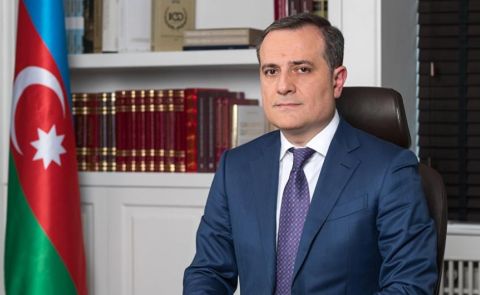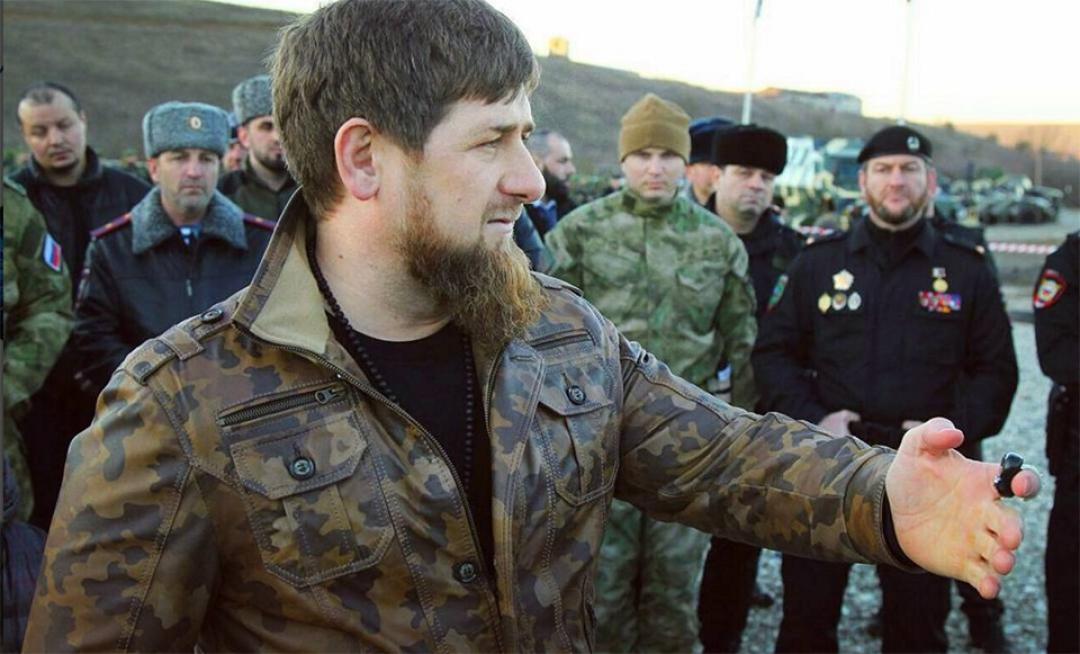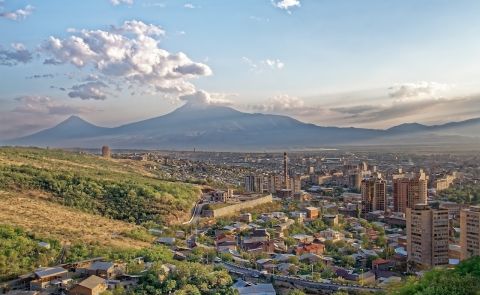
Erdogan vs Kadyrov: spy scandal in Turkey

The mention of State Duma Deputy Adam Delimkhanov in media reports about the Russians detained in Istanbul and Antalya became an unofficial Turkish warning to the Chechen authorities, and the Turkish Foreign Ministry will refrain from making statements until the investigation is complete, Caucasian Knot reports.
It was reported on October 20, that an Istanbul court detained six people who were arrested on October 8 in Istanbul and Antalya on charges of political and military espionage. The detainees are four Russian citizens Abdula Abdulaev, Ravshan Akhmedov, Beslan Rasaev and Aslanbek Abdulmuslimov, one Ukrainian citizen Igor Efrim and a citizen of Uzbekistan Amir Yusupov. The senior in the group was a Chechen Beslan Rasaev, said Chechen opposition blogger Khasan Khalitov, who lives in Turkey. On November 2, Turkey's national intelligence organisation MIT announced the detainees' connections with the Chechen authorities. The Chechen diaspora activists in Turkey were provided with state protection.
The spy scandal will not affect the economic ties between Chechnya and Turkey, as well as the personal economic interests of the representatives of the Chechen government, said a veteran of the Turkish special services, who asked not to be named. At the same time, he highlighted similar simultaneous Russian detentions of 15 agents from the Israeli "Mossad" and Iranian intelligence.
"Despite these cases and previous ones, when political relations between Turkey and Israel, Greece, France were aggravated, this did not affect mutual trade and did not lead to sanctions against citizens who were not directly related to tension. However, of course, there are legal consequences that may become evident, as was the case in the much louder story of the murder of journalist Jemal Hashshogi at the Saudi Arabian Embassy in Turkey. Investigation of the case of espionage and attempted murder of Chechen political emigrants in Turkey will also take place on the legal plane," the anonymous former security official told.
He also noted that the Turkish authorities and special services know the official representative of Ramzan Kadyrov in Turkey – Turkish citizen Ayhan Erguven. "He is the former head of the Sivas cultural centre, he is Turkish, he has his own guards. We know that he is Kadyrov's representative, lobbying for his interests," said the retired intelligence officer.
Earlier, Kadyrov's representative in Turkey, Ayhan Erguven, spoke at the World Congress of the Peoples of Chechnya and said that "everything must be done to ensure that Ramzan Kadyrov remains the head of Chechnya." He also announced his readiness to "fight even with his brother if he opposes Ramzan Kadyrov," whom Erguven called the Chechens' duty to protect.
In addition to Erguven, a graduate of the Turkish university Amruddin Edilgirev is also involved in cultural diplomacy, student exchange, and the construction of mosques, the security official added.
“They (Ergüven and Edilgirev) are unlikely to be affected by the detention of six foreign citizens and the story with the possible involvement of the State Duma deputy from Chechnya, Adam Delimkhanov, since they were not involved in this kind of activity," the former intelligence officer said.
Amruddin Edilgiriev is an advisor to Ramzan Kadyrov, formerly head of the Tourism Committee and vice president of the Chechenstroy company. He oversaw the construction of the Heart of Chechnya Mosque. In 1996, he accompanied the first president of Chechnya, Akhmat Kadyrov, on a trip to Turkey, while being a student at Seljuk University. As a result of an apparatus struggle, he was removed from construction grants in the region, but later regained access.
Ramzan Kadyrov had an unofficial visit to Turkey in October. Kadyrov's aide, the press minister Akhmed Dudayev, said that they "travelled far and wide across several Turkish cities," but never met anyone from the Chechen diaspora who announced their readiness to meet with the head of Chechnya. However, Khalitov reproached Kadyrov's associates for cowardice, suggesting that they deliberately avoided meeting with him.
Relations between Turkey and Russia were uneven even before this current scandal, and reports of preparations for an assassination attempt on representatives of the Chechen diaspora will not improve these relations. Turkey has previously suppressed attempts to assassinate Chechen oppositionists, but the current scandal with "killers from Russia" did not cause much resonance against the background of more significant for Ankara the identification of the agent network of Iran and Israel, Turkish political scientist Togrul Ismail said.
On November 9, the expert on Turkey and associate professor at MGIMO Yulia Kudryashova said that it is not possible to comment on whether the people detained in Turkey are real spies, and whether they really were preparing an assassination attempt. But, in her opinion, it should not be considered that it is a standalone issue. Overall, there are political reasons for the deterioration of Russian-Turkish relations, which, moreover, are associated with a broad international context.
"If this is an initiative on the part of Turkey, then first it is necessary to point out that the Syrian problem in Turkish-Russian relations has not been resolved. "Turkey makes it clear that the problem in Syria has not been resolved. There is a painful discrepancy for Turkey with Russia on the role of the Kurdish movement in Syria. Turkey suffers from terrorism of the Kurdistan Workers' Party, including from abroad, from Syria. And Russia considers it possible for the Kurds to participate in the Syrian coalition government," Kudryashova explained.
Natalya Ulchenko, head of the department of the Institute of Asia and Africa at Moscow State University and leading researcher at the Institute of Oriental Studies of the Russian Academy of Sciences, believes that relations between Russia and Turkey are in principle "uneven," and Turkey's general foreign policy is aimed at showing independence in relations with large states.
"The main idea of Erdogan is to point out the absence of any guarantees. This is a way of upholding his foreign policy freedom, to prove the independence and independence of Turkey. The same is happening in the relations of this country with the United States," she stated.
Meanwhile, the Turkish political scientist, professor at Ankara University Togrul Ismail believes that there is no noticeable deterioration in Turkish-Russian relations.
"After the plane crisis, relations between Turkey and Russia did not reach the pre-crisis level. But economic ties continue. And Russian sanctions, such as the ban on the import of tangerines or lemons in general, are such small injections that do not interfere, do not worsen relations, but are simply annoying", he said.
See Also


Nordic-Baltic Delegation Meets Armenian Leaders to Discuss Regional Cooperation and Peace

Azerbaijan Strengthens Energy Partnerships with Multiple Countries

BP Strengthens Presence in Azerbaijan’s Offshore Energy Sector

Netanyahu’s Letter to Aliyev: Mutual Trust, Solidarity Following Hamas Attacks, Facilitating Dialogue Between Israel and Türkiye

